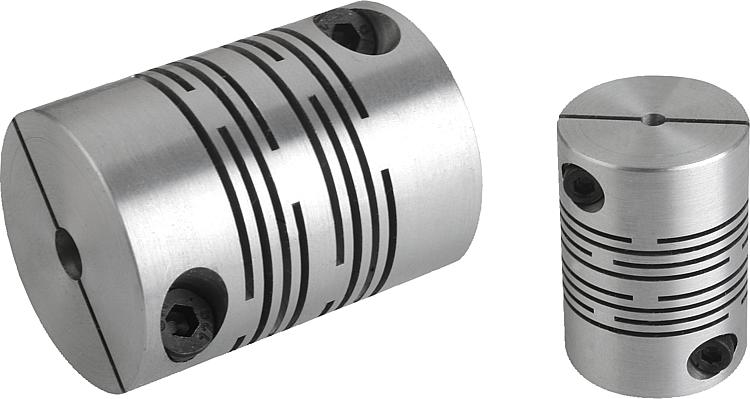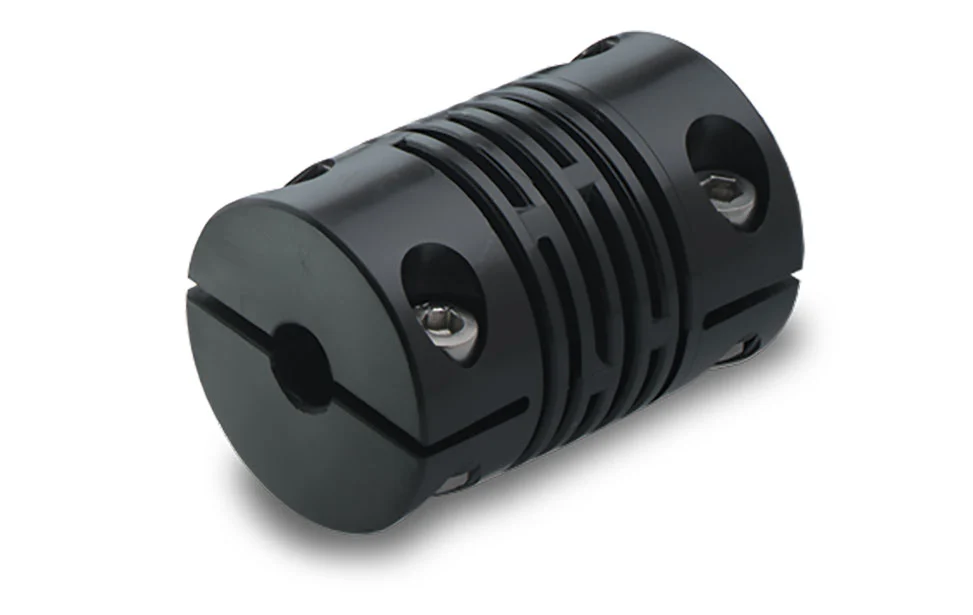Product Description
Construction water oil nature gas pipeline Seismic bracing accessories pedestal fixing connection coupling
with Ductile iron/laser cutting hydraulic forging
Product Description
Pipeline support system are widely used for Various types of pipeline support of Hotels, office buildings, residential buildings, Bridges and other construction projects,It has the function of quakeproof, Reduce vibration and buffering for the pipeline.
Pipe support accessories produced by our factory,It is made of carbon steel, ductile iron, stainless steel by casting or forging.According for the Different requirements of the customers,providing support set of Corresponding model.
Pipe supporting system consist of Base, support rod, pipe clamp.Different pipe construction engineering use Different pipeline supports set(Base, support rod, pipe clamp match each other),Specific pipe support system shall be provided by the customer construction drawings,Our engineers will follow the construction drawings,Making the corresponding pipeline support quotation.
Product feature
1.Our products pass UL,FM industry certification standards.
2.According to the engineering drawings provided by the customer, our engineers will customize the special pipe support system accessories for the customer
3.Pipe support accessories produced by our factory,it is made of carbon steel,ductile iron,stainless steel by casting or forging.
4.Our products are galvanized, anti-corrosion, beautiful and smooth, long service life.
Product show
Application field
Case show
Company Profile
Utterly is a high-tech private enterprise integrating product design, research and development, production, sales and installation.The company has absorbed the advanced concepts of similar products at home and abroad, combined with the characteristics of domestic mechanical and electrical engineering equipment installation, introduced advanced manufacturing and testing equipment, and creatively launched the “construction mechanical and electrical equipment anti-seismic support crane rack system and prefabricated support system” product with more than a dozen patents and new independent intellectual property rights.
Adhering to the business philosophy of “innovation wins sustainable development, and technology creates a safe world”,Utterly Intelligent Technology Co.,Ltd. is based on the domestic market, and goes to the world.
The company’s products are the first to pass the strict US UL certification, FM certification,EU CE certification and national inspection agency testing.Utterly currently provide the following products/Service to our CHINAMFG customers,especially FM/UL Seismic Sway Bracing:
1. Utterly Products:
Seismic Sway Bracing.Structural Attachment, Quick Bracing Clamp,Pipe Clamp,Beam Adapter
Swivel Hanger, Clevis Hanger, Beam Clamp
Other Customized Products
2. One-Stop Procurement Service
The company has a professional team in product design, mold making, process innovation, product sales, etc., and has established a complete system from CAD, 3D, BIM design to product production and testing, providing customers with professional pre-sale, in-sale and after-sale services, etc. System-wide technical advice and services.
3. OEM/ODM Service
The products are exported to Europe, America, South America, the Middle East, Southeast Asia and other countries.The quality has been well received by customers.
This is general company info. For the latest and most complete products, news, updates and additional information, please contact us. We invite you to work and grow together.
| Product Name | Seismic support system accessories |
| Seismic parts | Base/Connecting support frame/pipe clamp |
| Craftsmanship | Casting, laser forging |
| Product material | Carbon steel, ductile iron, stainless steel |
| Approval Standards | FM,UL Certificate |
/* January 22, 2571 19:08:37 */!function(){function s(e,r){var a,o={};try{e&&e.split(“,”).forEach(function(e,t){e&&(a=e.match(/(.*?):(.*)$/))&&1

Comparison of Beam Couplings to Other Coupling Types in Terms of Backlash and Torsional Stiffness
When considering coupling options for motion control systems, two critical performance characteristics to evaluate are backlash and torsional stiffness. Backlash refers to the amount of rotational play or free movement between the connected shafts, while torsional stiffness indicates a coupling’s ability to resist torsional deformation when transmitting torque. Let’s compare beam couplings to other common coupling types in terms of these factors:
- Beam Couplings:
Beam couplings generally exhibit low to minimal backlash due to their single or multiple helical beam design. The helical beams provide some flexibility to accommodate misalignment, but they maintain a relatively tight connection between the shafts, resulting in low backlash. This characteristic is especially valuable in precision motion control applications where eliminating play is essential for accurate positioning.
In terms of torsional stiffness, beam couplings offer moderate to high values. The helical beams provide good torsional rigidity, making them suitable for applications that demand precise torque transmission and minimal torsional deflection. However, compared to other types like disc or jaw couplings, beam couplings may have slightly lower torsional stiffness.
- Disc Couplings:
Disc couplings are known for their excellent torsional stiffness, providing robust torque transmission and minimal torsional deformation. They are ideal for applications requiring high precision and where torsional rigidity is critical.
Regarding backlash, disc couplings typically have low to negligible values. Their design allows for precise and direct transmission of torque between the shafts, resulting in minimal rotational play.
- Jaw Couplings:
Jaw couplings offer low to moderate torsional stiffness, making them suitable for applications with moderate torque requirements. They provide some flexibility to handle misalignment, but their torsional rigidity is not as high as disc couplings or certain types of beam couplings.
Backlash in jaw couplings can vary depending on the specific design and materials. Some jaw couplings may have slightly more backlash compared to beam or disc couplings due to the elastomeric spider element used in their construction.
- Oldham Couplings:
Oldham couplings offer low backlash performance due to their unique three-piece design, which incorporates two outer hubs and a middle disk. The design allows for consistent torque transmission and minimal play between the shafts.
Torsional stiffness in Oldham couplings is moderate, providing a balance between flexibility and rigidity. While not as rigid as disc couplings, they still offer reliable torque transmission for various motion control applications.
In summary, beam couplings offer low to minimal backlash and moderate to high torsional stiffness, making them suitable for precision motion control applications that require a balance between flexibility and rigidity. Disc couplings provide excellent torsional stiffness and low backlash, making them an ideal choice for high-precision applications. Jaw couplings and Oldham couplings offer moderate performance in both backlash and torsional stiffness and are well-suited for applications with moderate torque and misalignment compensation requirements.
When selecting a coupling type, consider the specific needs of your application, such as the required precision, torque capacity, and misalignment compensation. Each coupling type has its advantages and limitations, and choosing the right one will contribute to the overall performance and reliability of your motion control system.

Safety Considerations for Installing or Using Beam Couplings in Industrial Setups
When installing or using beam couplings in industrial setups, several safety considerations should be taken into account to ensure the safe and reliable operation of the motion control systems. Here are some important safety considerations:
- Proper Installation:
Ensure that beam couplings are correctly installed according to the manufacturer’s instructions. Follow the recommended torque values for tightening set screws or clamps to avoid over-tightening or under-tightening, which could lead to coupling failure or excessive wear.
- Shaft Alignment:
Accurate shaft alignment is crucial to prevent unnecessary stress on the coupling and connected components. Misalignment can lead to premature wear, vibrations, and reduced system performance. Utilize alignment tools and techniques to achieve precise shaft alignment within the coupling’s specified tolerances.
- Overloading:
Avoid exceeding the beam coupling’s rated torque capacity or maximum axial load. Overloading the coupling can lead to deformation, coupling failure, or damage to connected equipment. Ensure that the coupling is appropriately sized for the application’s torque requirements.
- Regular Inspection:
Perform routine inspections of beam couplings to check for signs of wear, damage, or misalignment. Address any issues promptly and replace worn or damaged couplings to prevent unexpected failures.
- Environmental Conditions:
Consider the operating environment when selecting beam couplings. Different materials offer varying levels of resistance to corrosion, temperature extremes, and other environmental factors. Choose a material that can withstand the specific conditions of the industrial setup.
- Protective Enclosures:
If the beam couplings are exposed to moving parts or hazardous equipment, consider using protective enclosures or guards to prevent accidental contact and ensure operator safety.
- Regular Maintenance:
Follow a regular maintenance schedule for the entire motion control system, including beam couplings. Lubricate moving parts as recommended by the manufacturer and replace worn components to maintain reliable operation.
- Training and Awareness:
Ensure that personnel involved in the installation, operation, and maintenance of the motion control system are properly trained and aware of safety procedures. Emphasize the importance of following safety guidelines to prevent accidents and injuries.
By taking these safety considerations into account, industrial setups can enhance the safety and efficiency of their motion control systems. Regular maintenance, proper installation, and adherence to safety guidelines are essential to ensuring the longevity and reliable performance of beam couplings and the overall safety of the workplace.

Selecting the Appropriate Beam Coupling for Your Motion Control Needs
Choosing the right beam coupling for your specific motion control needs involves considering several factors to ensure optimal performance and reliability. Here’s a step-by-step guide to help you make an informed decision:
- Identify Application Requirements:
Start by understanding the specific requirements of your motion control application. Consider factors such as the type and amount of misalignment, torque capacity, shaft sizes, operating environment, speed, and precision requirements.
- Types of Beam Couplings:
Familiarize yourself with the different types of beam couplings available, such as single-beam, multi-beam, bellows, servo disc, slit, step beam, and jaw couplings with beam elements. Each type has unique characteristics that cater to different motion control needs.
- Misalignment Compensation:
Assess the level of misalignment in your application. If you require compensation for angular, axial, and parallel misalignment, multi-beam or bellows couplings might be suitable. For primarily angular misalignment, a single-beam coupling could be sufficient.
- Torsional Rigidity:
Consider the required torsional rigidity for precise motion control. Servo disc couplings offer high torsional rigidity and low backlash, making them ideal for precision applications, while slit couplings provide more torsional flexibility and vibration dampening.
- Environmental Factors:
Take into account the operating environment, including temperature, humidity, and exposure to chemicals. Choose a beam coupling with materials that can withstand the environmental conditions of your application.
- Speed and Torque Capacity:
Evaluate the speed and torque requirements of your motion control system. Ensure that the selected coupling can handle the specified torque while maintaining the desired speed without compromising performance.
- Space Constraints:
If your application has limited space, consider compact designs like single-beam or slit couplings. These types can efficiently fit into tight spaces while providing the necessary misalignment compensation.
- Backlash and Precision:
For applications that demand minimal backlash and high precision, servo disc couplings are a suitable choice due to their exceptional torsional rigidity and accurate torque transmission.
- Vibration Dampening:
If your system requires vibration dampening to protect sensitive components or improve overall performance, consider beam couplings with features like slits or bellows.
- Customization Options:
Check if the coupling supplier offers customization options. Some manufacturers can tailor the beam coupling to meet specific application requirements, providing an optimal solution for your motion control needs.
- Consult with Experts:
If you are uncertain about the best beam coupling choice for your application, consult with motion control experts or the coupling manufacturer’s technical support team. They can offer valuable insights and recommendations based on your specific needs.
By carefully evaluating these factors and considering the advantages and limitations of each beam coupling type, you can select the most appropriate coupling for your motion control needs. Making the right choice will contribute to the efficiency, reliability, and longevity of your motion control system.


editor by CX 2024-04-15
